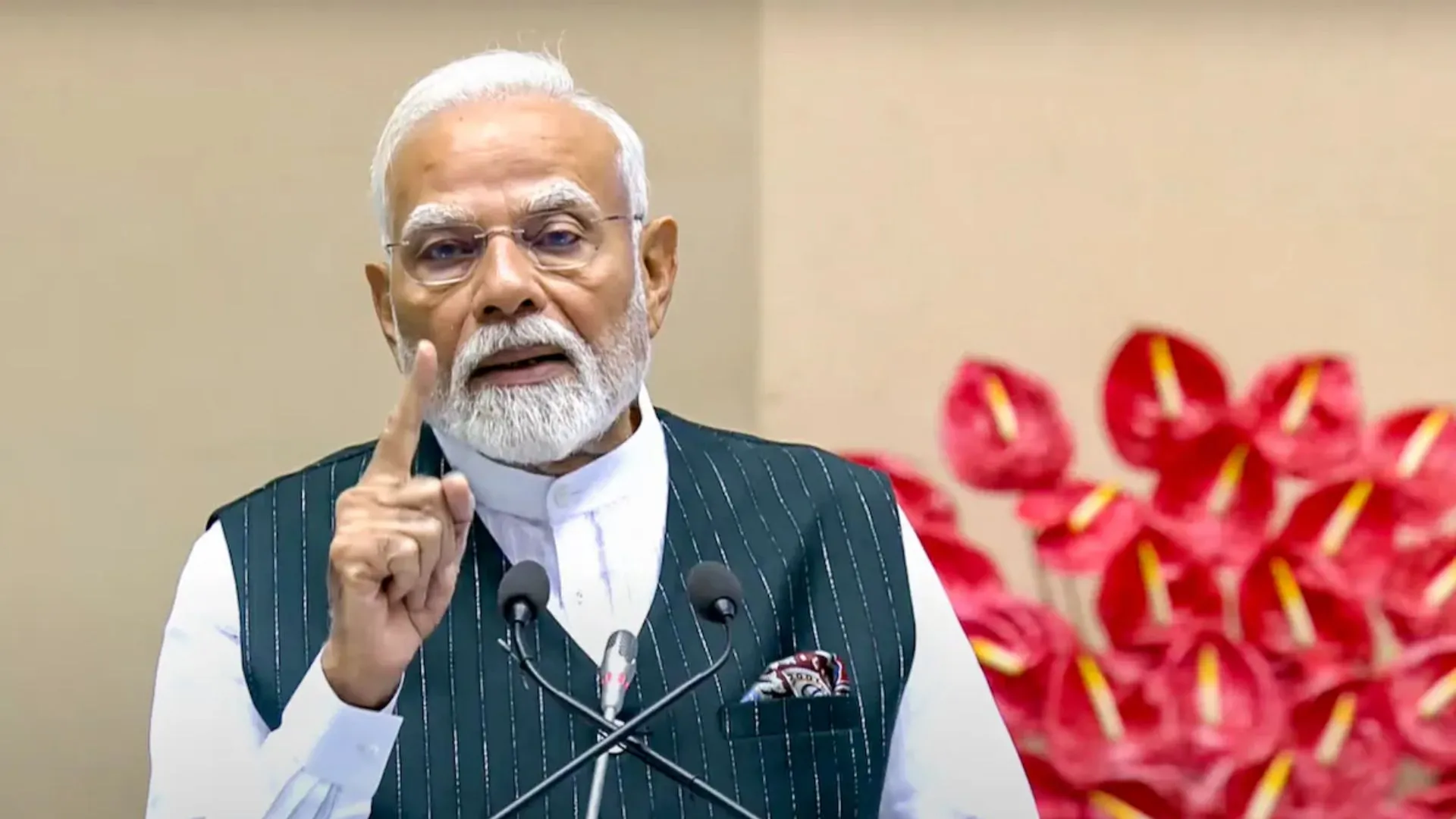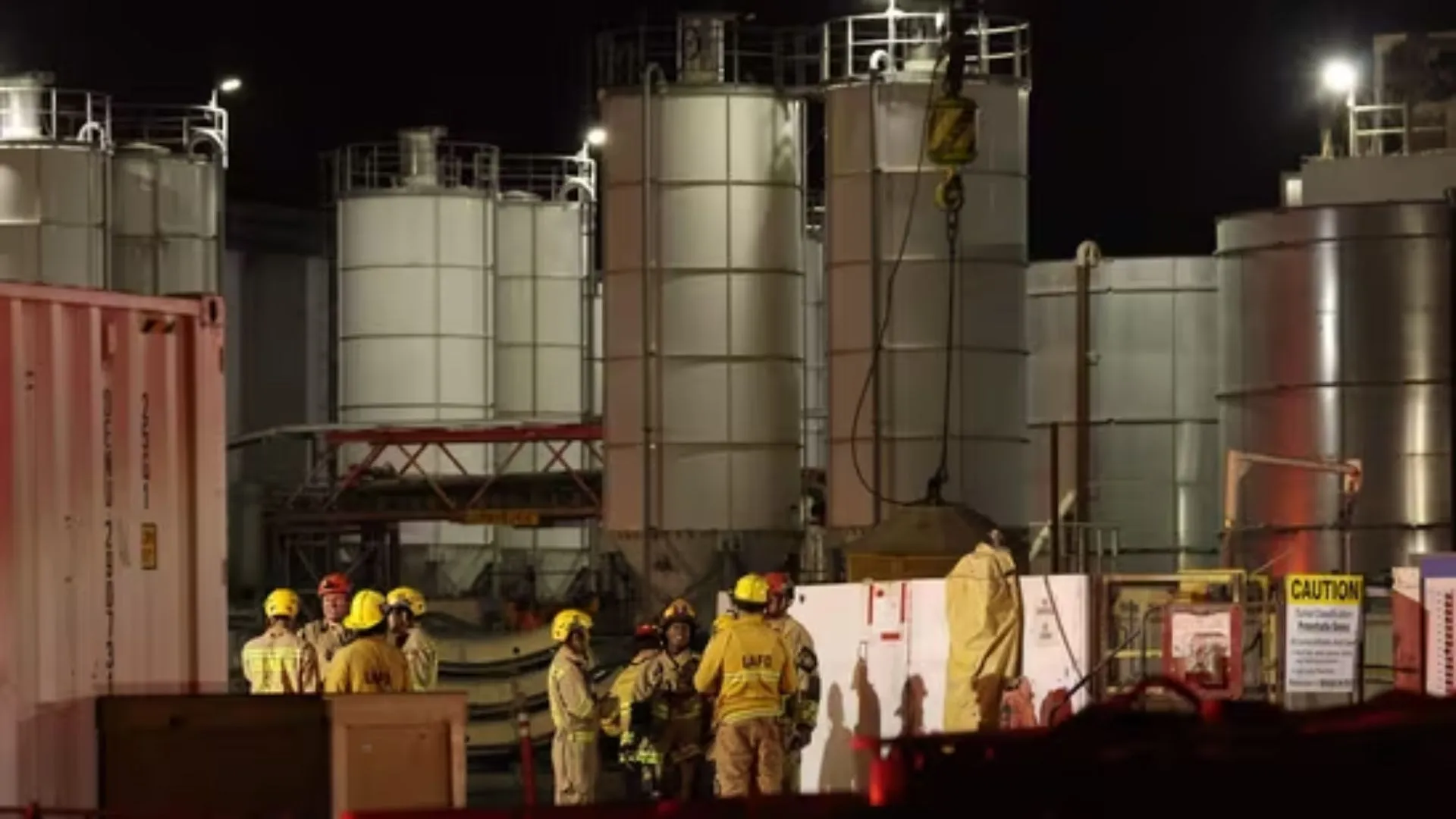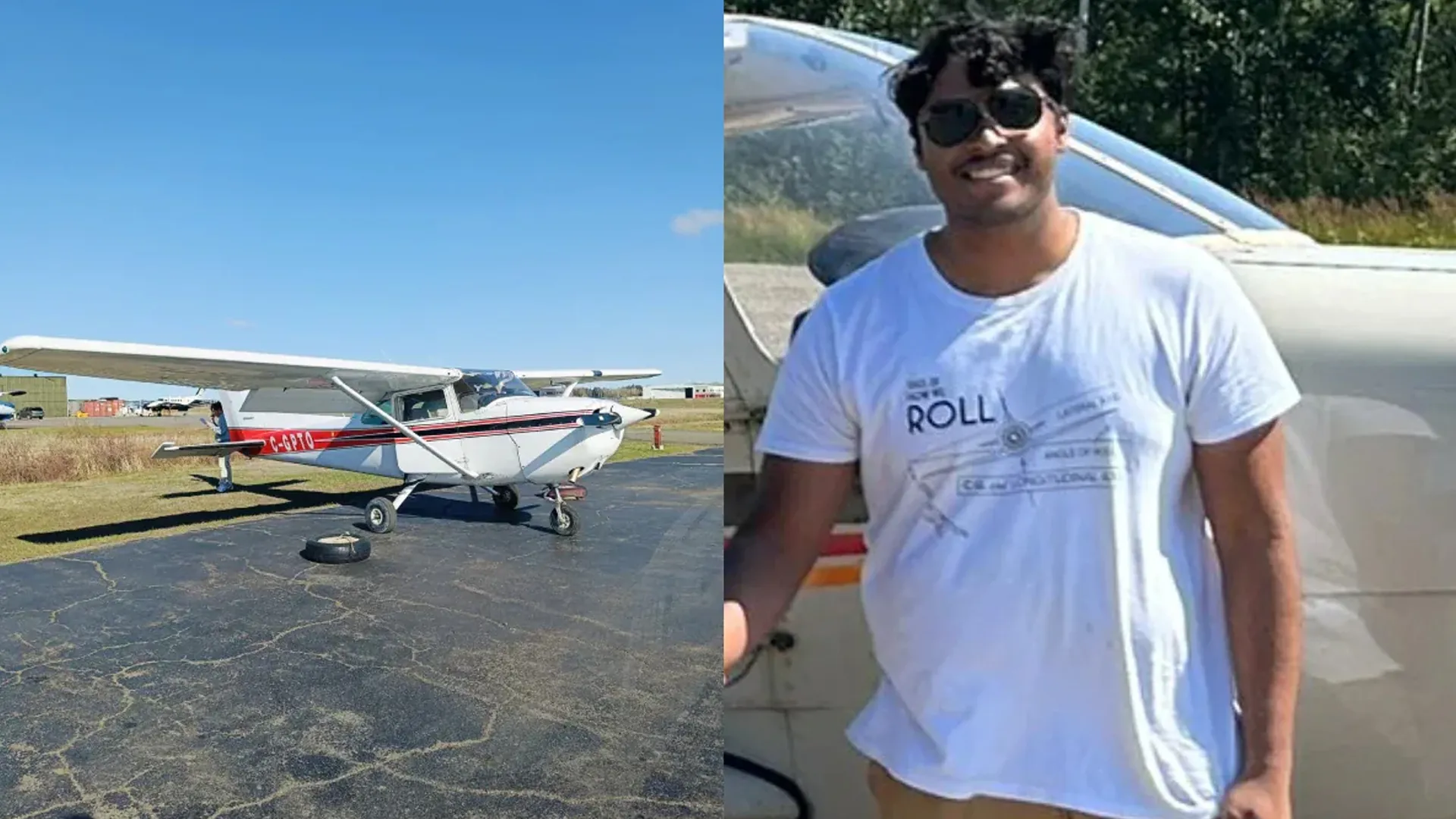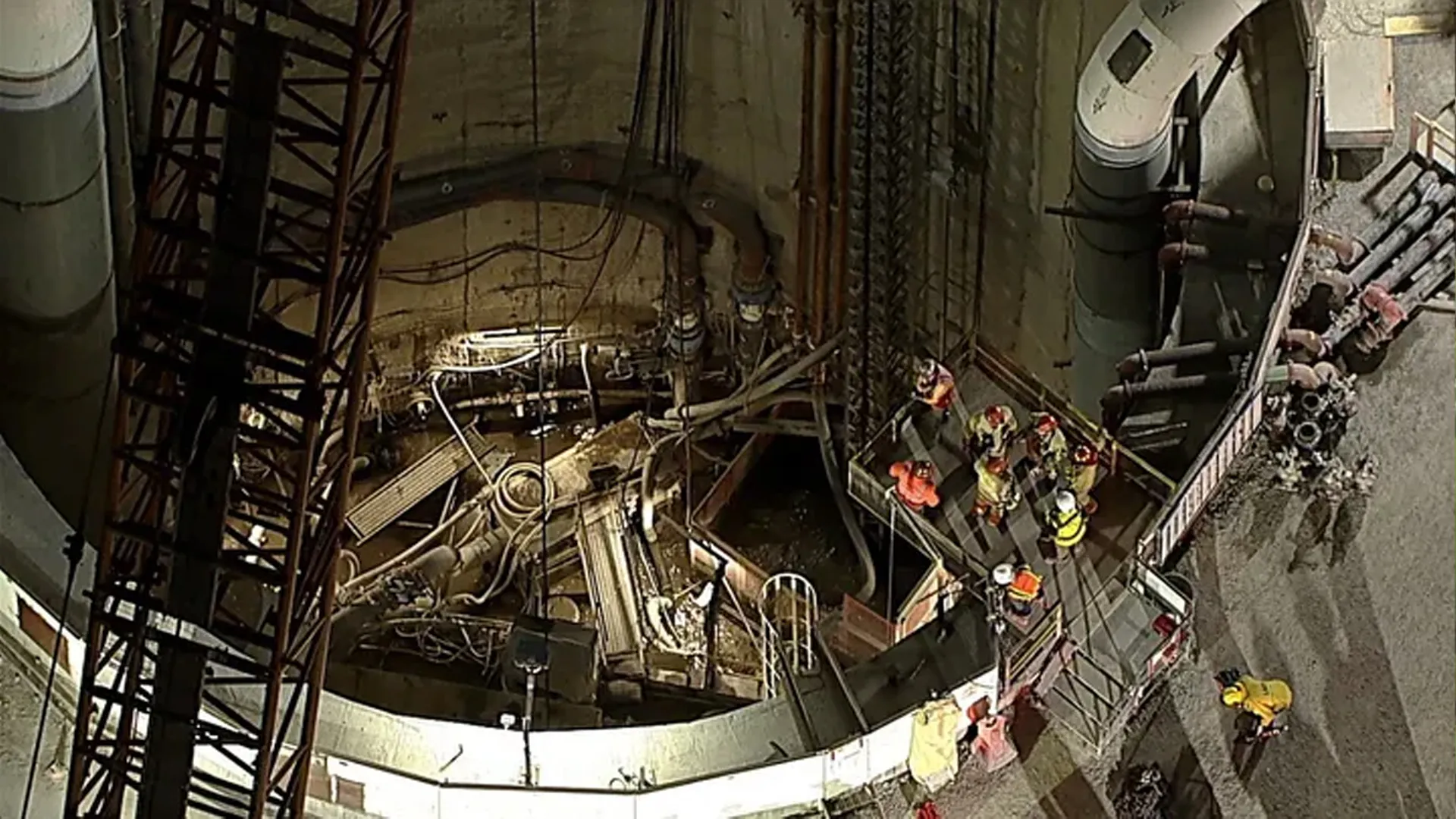On the 50th anniversary of the Emergency, Prime Minister Narendra Modi reminded citizens how the very essence of the Constitution was trampled. He called it one of India’s “darkest chapters”. He talked about how fundamental rights were suspended, the press muzzled, and countless political figures, students, social workers, and ordinary people were unjustly detained.
“Democracy Was Placed Under Arrest,” Says Modi on Emergency
In a series of posts on X, Modi sharply criticised the then-Congress government, saying, “It was as if the Congress Government in power at that time placed democracy under arrest.” He highlighted the 42nd Amendment as evidence of this era’s abuses. He also noted how it radically altered the Constitution until it was rolled back by the Janata Party.
Today marks fifty years since one of the darkest chapters in India’s democratic history, the imposition of the Emergency. The people of India mark this day as Samvidhan Hatya Diwas. On this day, the values enshrined in the Indian Constitution were set aside, fundamental rights…
— Narendra Modi (@narendramodi) June 25, 2025
Modi further emphasised the disproportionate impact on vulnerable groups. He said, “The poor, marginalised and downtrodden were particularly targeted, including their dignity insulted.” He reaffirmed his government’s determination to “strengthen the principles in our Constitution and… realise our vision of a Viksit Bharat.”
Honouring Resistance and Renewing Constitutional Commitment
The Prime Minister honoured those who dared to stand against authoritarianism. He honoured people from various regions, backgrounds, and ideologies who united to defend India’s democratic values. “It was their collective struggle that ensured… democracy had to be restored and… fresh elections [were called],” he said, adding that the Congress suffered a major defeat as a result.
Last year, the government declared the anniversary a day of remembrance, calling it “Samvidhan Hatya Diwas”—Constitution Murder Day. Modi’s remembering is part of a broader effort. It is to ensure India never forgets this critical lesson in preserving civil liberties and democratic institutions.
He concluded with a hopeful note. He said, “May we scale new heights of progress and fulfil the dreams of the poor and downtrodden.”






















